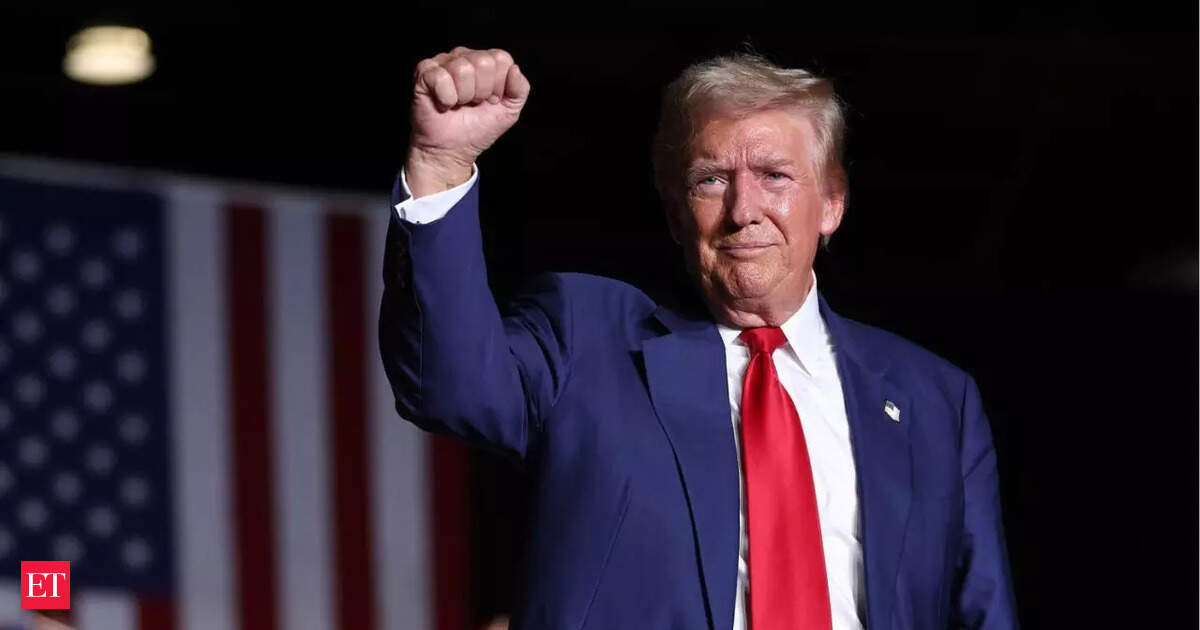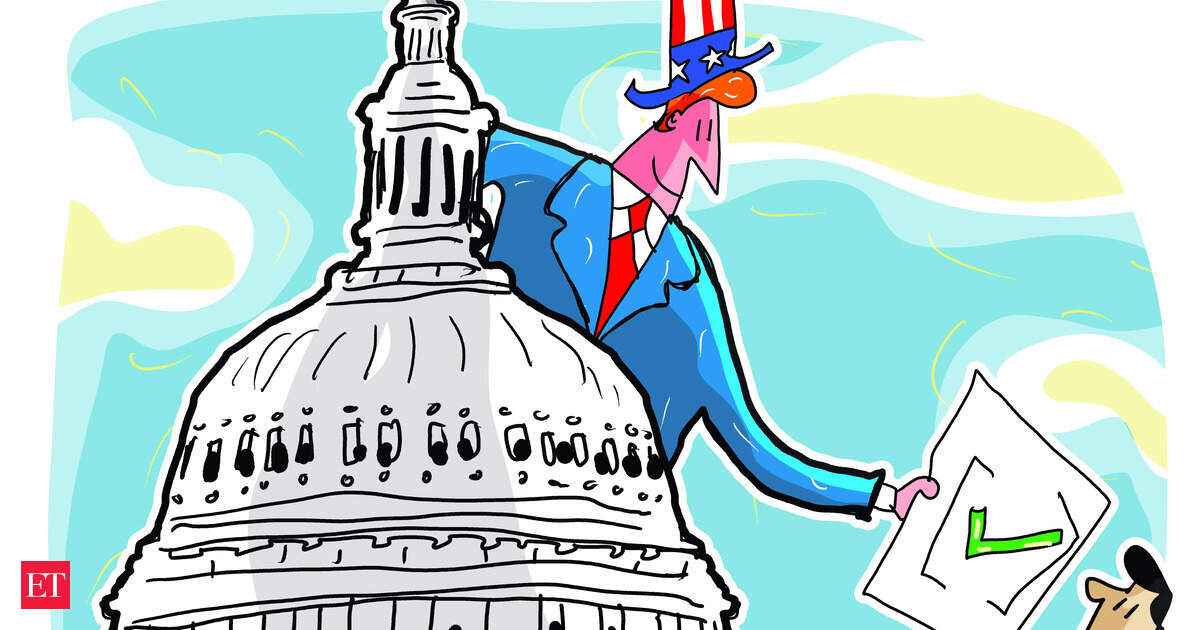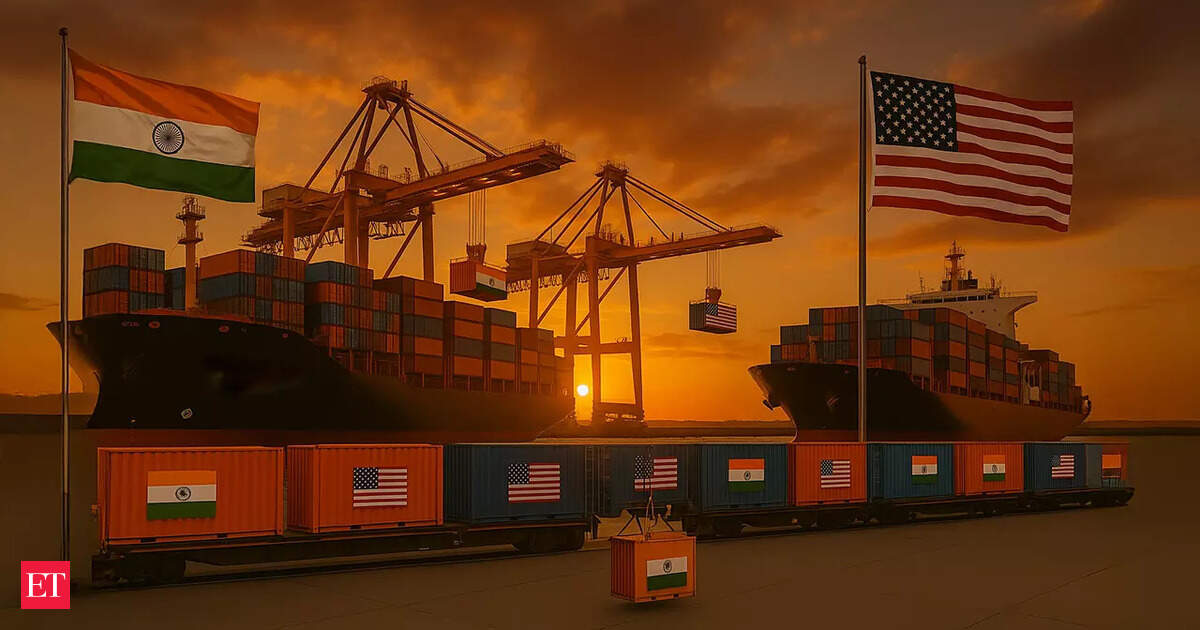BRICS now includes India, Brazil, Russia, China, South Africa, Saudi Arabia, Egypt, the UAE, Ethiopia, Indonesia and Iran.
The think tank pointed out that sweeping US sanctions and the exclusion of countries like Russia, Iran, and Venezuela from the SWIFT network effectively blocked dollar-based transactions and left major economies with no option but to seek alternatives. SWIFT is a global messaging system that facilitates payment instructions among over 11,000 banks across 200 nations.
“The shift from dollar wasn’t a revolt; it was the only route left,” said GTRI founder Ajay Srivastava. “Over 90% of Russia-China trade is now settled in rubles or yuan; India pays for Russian oil in rupees and dirhams; even Saudi Arabia is open to non-dollar oil trade – cracking the 1970s petrodollar pact.”
Srivastava said Trump’s tariff plan, which also proposes a 500% penalty on countries buying Russian oil, would only complicate global trade talks with the US. “Trump ignores the fact that it is the US actions that forced countries to search for dollar alternatives in the first place,” he said.
These deals, Srivastava said, are what he calls “MASALA deals – Mutually Agreed Settlements Achieved through Leveraged Arm,” and warned that India must tread carefully in such arrangements.He explained that while SWIFT was meant to be a neutral payments platform, US pressure has turned it into a geopolitical weapon. Countries importing oil and gas from sanctioned suppliers like Russia now bypass SWIFT altogether, settling trades in local currencies. India, for instance, pays for Russian crude using rupees and UAE dirhams, while China uses yuan to settle energy trade with Moscow.“This isn’t an anti-dollar strategy, it’s a survival mechanism triggered by US sanctions,” GTRI said.
The Reserve Bank of India’s 2022 decision to allow rupee-based trade settlements further enabled countries grappling with dollar shortages. Several Russian banks have since opened rupee accounts in India to facilitate oil payments.
While India has rejected China’s proposal for a common BRICS currency, Srivastava defended the sovereign right of any country to trade in its own currency. With proper planning, he said, local currency trade can reduce transaction costs by up to 4% by eliminating repeated dollar conversions.
“As more countries realise these savings, local currency trade is likely to grow,” he said.
With inputs from PTI




